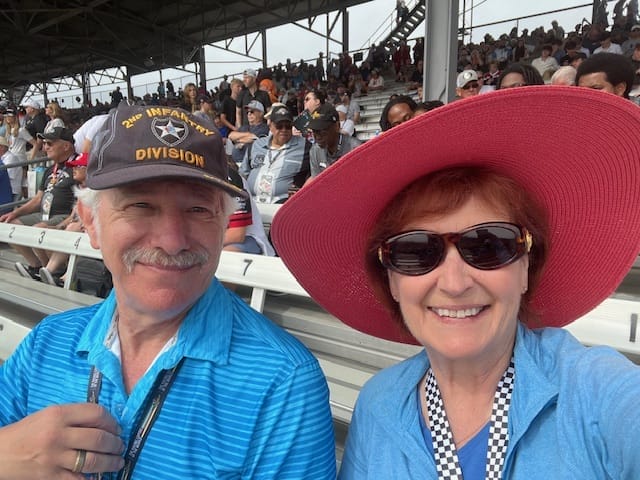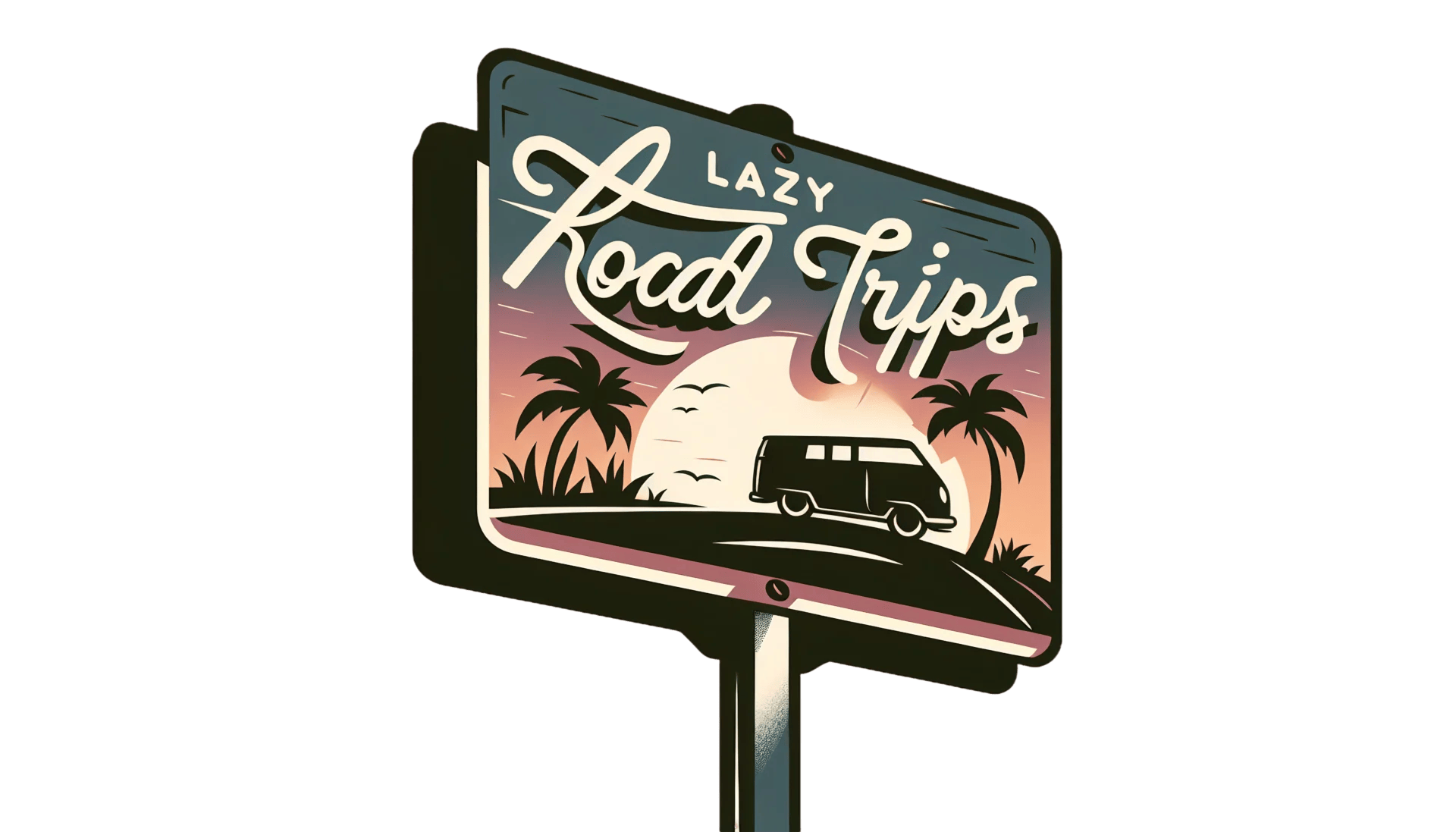**Why Retiring in an RV Could Be the Best Decision You Ever Make**
Retiring in an RV is catching on with a lot of folks these days. It brings a mix of freedom, adventure, and—maybe best of all—some real financial perks.
Kiplinger recently highlighted why so many retirees are choosing the open road for their golden years. Let’s dig into the big reasons, from money matters to the thrill of travel and everything in between.
Financial Benefits of RV Retirement
Cutting costs is a huge motivator for many retirees. Keeping a permanent house gets expensive fast.
RV living, on the other hand, can slash your housing bills. You buy your RV once and mostly just pay campsite fees, which tend to be much cheaper than a mortgage or rent.
Lower Housing Costs
Forget about property taxes and endless home repairs. With an RV, you dodge a lot of those regular homeowner headaches.
Sure, you’ll still have some expenses, but campsite fees and the occasional RV maintenance are usually way less than traditional housing costs.
Flexible Budgeting
One of the best things? You get to choose where your money goes. If you’re watching your spending, there are affordable campgrounds everywhere.
Want to splurge now and then? There are luxury RV parks too. It’s all about what fits your budget at the moment.
Freedom and Adventure
RV retirement gives you a level of freedom that’s tough to beat. You’re not stuck in one place unless you want to be.
Travel when you want, stay as long as you like, and change your scenery on a whim. That’s a pretty sweet deal.
Travel at Your Own Pace
Love a spot? Stay a while. Not feeling it? Move on down the road.
It’s your retirement, so why not make the itinerary yours too?
Explore New Destinations
Your RV is basically a ticket to everywhere. National parks, beach towns, mountain hideaways—they’re all fair game.
You get the comfort of home while waking up somewhere new whenever you feel like it. Honestly, that keeps life interesting.
Community and Social Opportunities
Some people worry RV living might get lonely. That’s not really the case.
There are lots of ways to meet people and build real friendships out on the road.
RV Communities
RV parks and campgrounds often have a real sense of community. You’ll find social events and group activities that make it easy to connect.
Over time, these folks can feel like an extended family. It’s a support system you might not expect.
Clubs and Organizations
If you’re looking for more connection, there are plenty of RV clubs and organizations out there. These groups are great for tips, travel ideas, and just having someone to share stories with.
From local meetups to big national gatherings, there’s probably something for everyone.
Health and Wellness
RV life can be surprisingly good for your health. You’re often more active and spend more time outdoors.
Active Lifestyle
Setting up camp, exploring new places, and just living on the move keeps you from getting too sedentary. It’s a lifestyle that nudges you to stay active, even if you’re not trying all that hard.
Connection to Nature
Nature has a way of making us feel better—less stress, better mood, you name it. RV living lets you soak up those benefits, whether you’re parked by a lake or tucked into the woods.
It’s not a miracle cure, but it sure doesn’t hurt.
Practical Considerations
Of course, RV retirement isn’t all sunsets and campfires. You’ll need to plan ahead to make it work.
Choosing the Right RV
Picking your RV is a big deal. Think about size, layout, and what you really need day to day.
If you plan to travel a lot, some RVs are better suited for the road than others. Take your time and try a few before you commit.
Healthcare Access
Healthcare is a biggie, especially as we get older. Make sure you know what options are available wherever you’re headed.
A solid health insurance plan that covers you on the road is worth every penny. It’s one less thing to worry about while you’re out exploring.
Financial Planning
When you’re thinking about RV retirement, nailing down your financial planning matters more than you might expect. Start by budgeting for the upfront costs, then look at your monthly expenses, and don’t forget those surprise repairs that always pop up.
If you’re not sure where to begin, talking things over with a financial advisor can really help you map out a plan that fits this new lifestyle. It’s not always easy to predict everything, but a bit of expert advice goes a long way.
Curious about why so many retirees are hitting the road? Kiplinger has a pretty solid breakdown in their 10 Reasons to Retire in an RV article, if you want to dive deeper.


